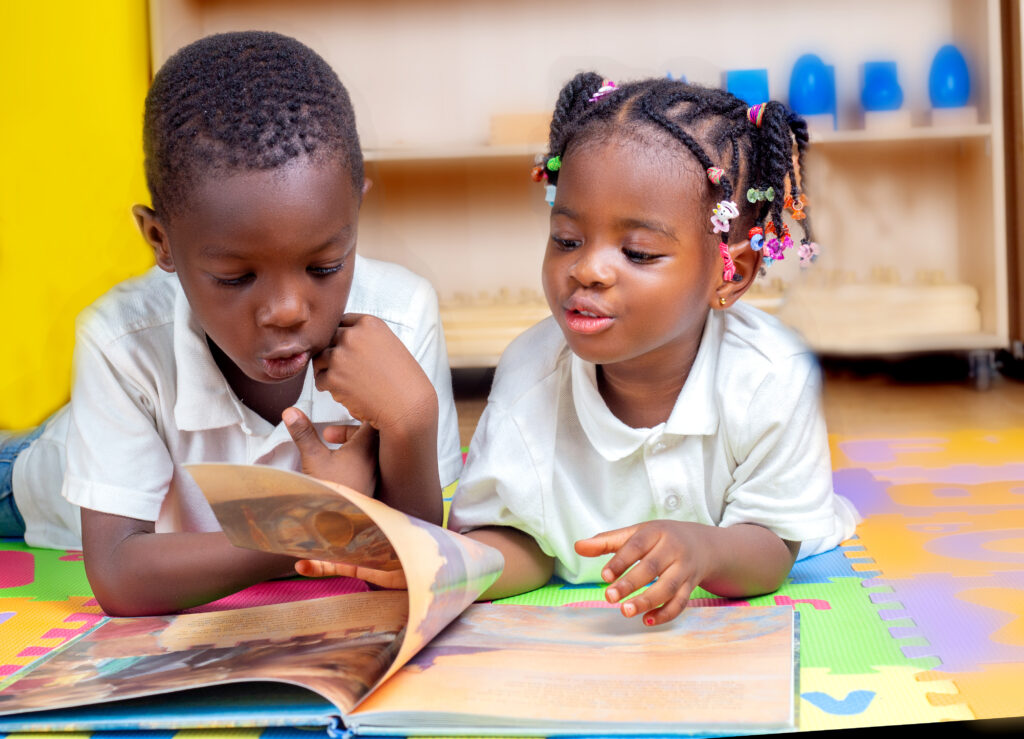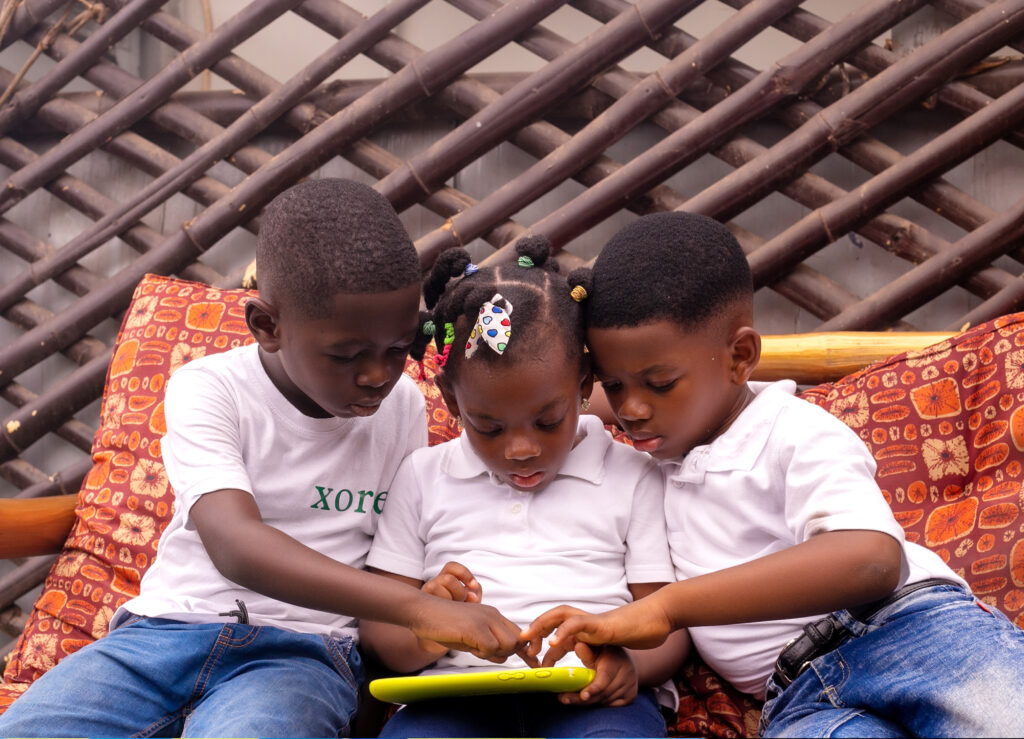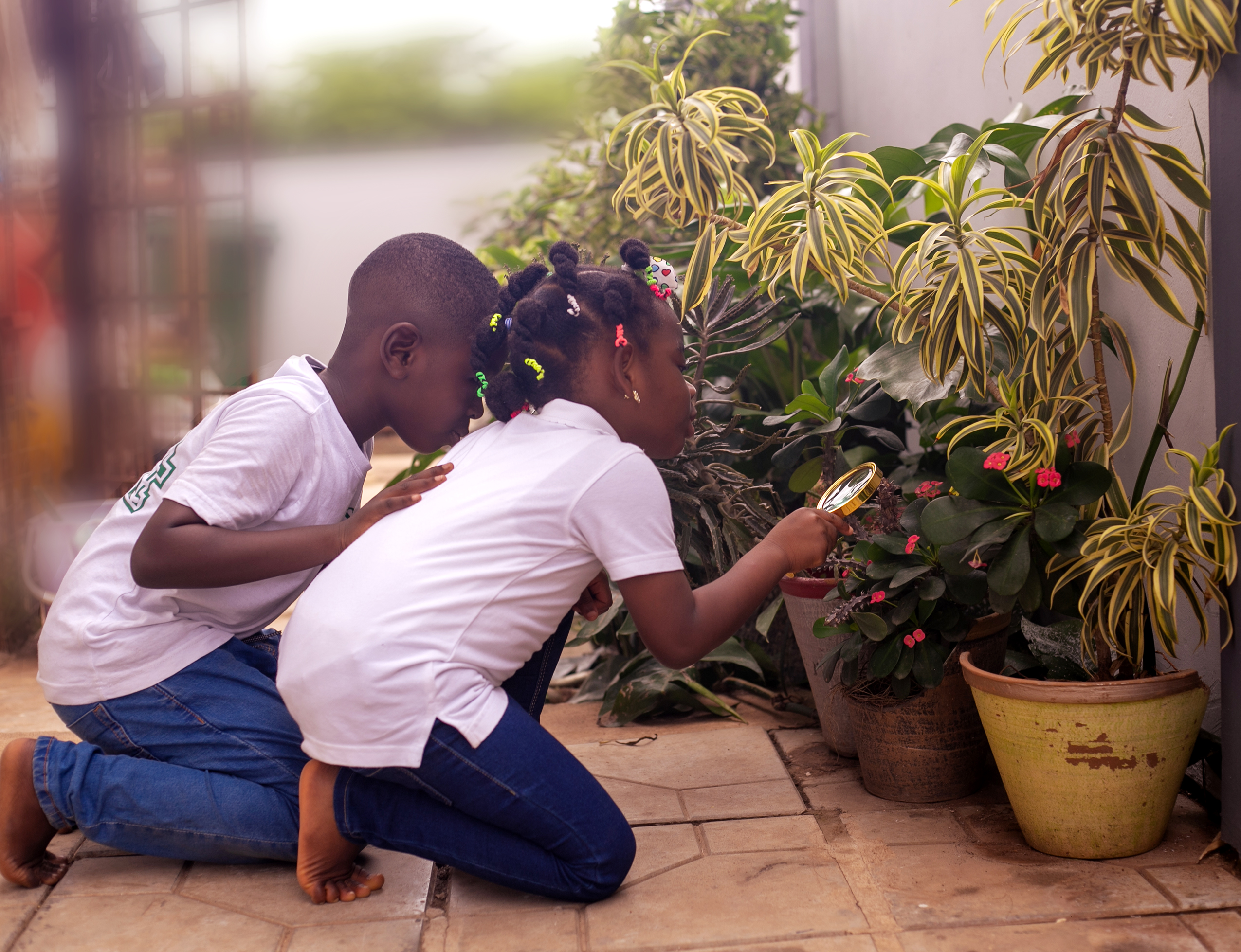
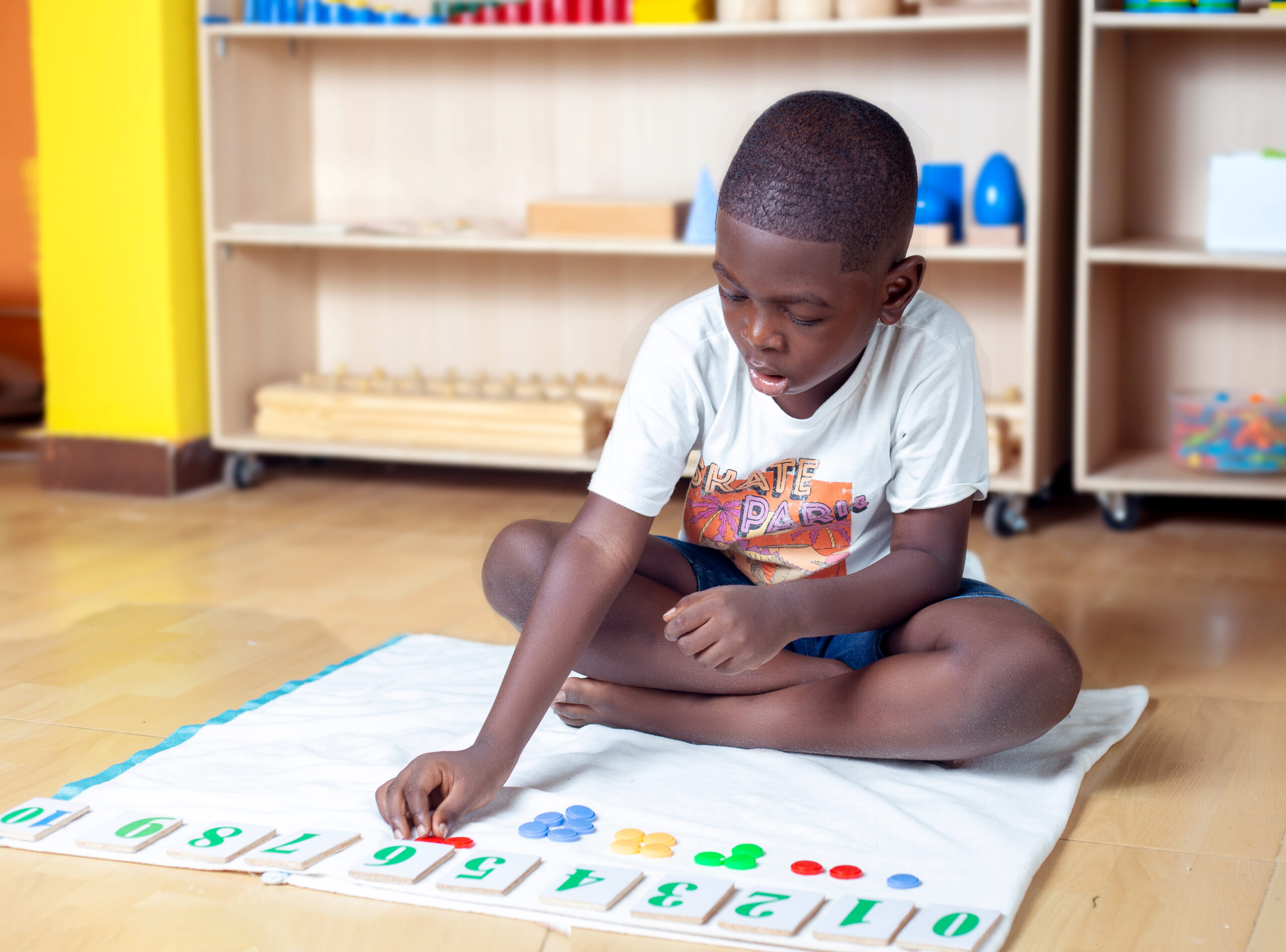
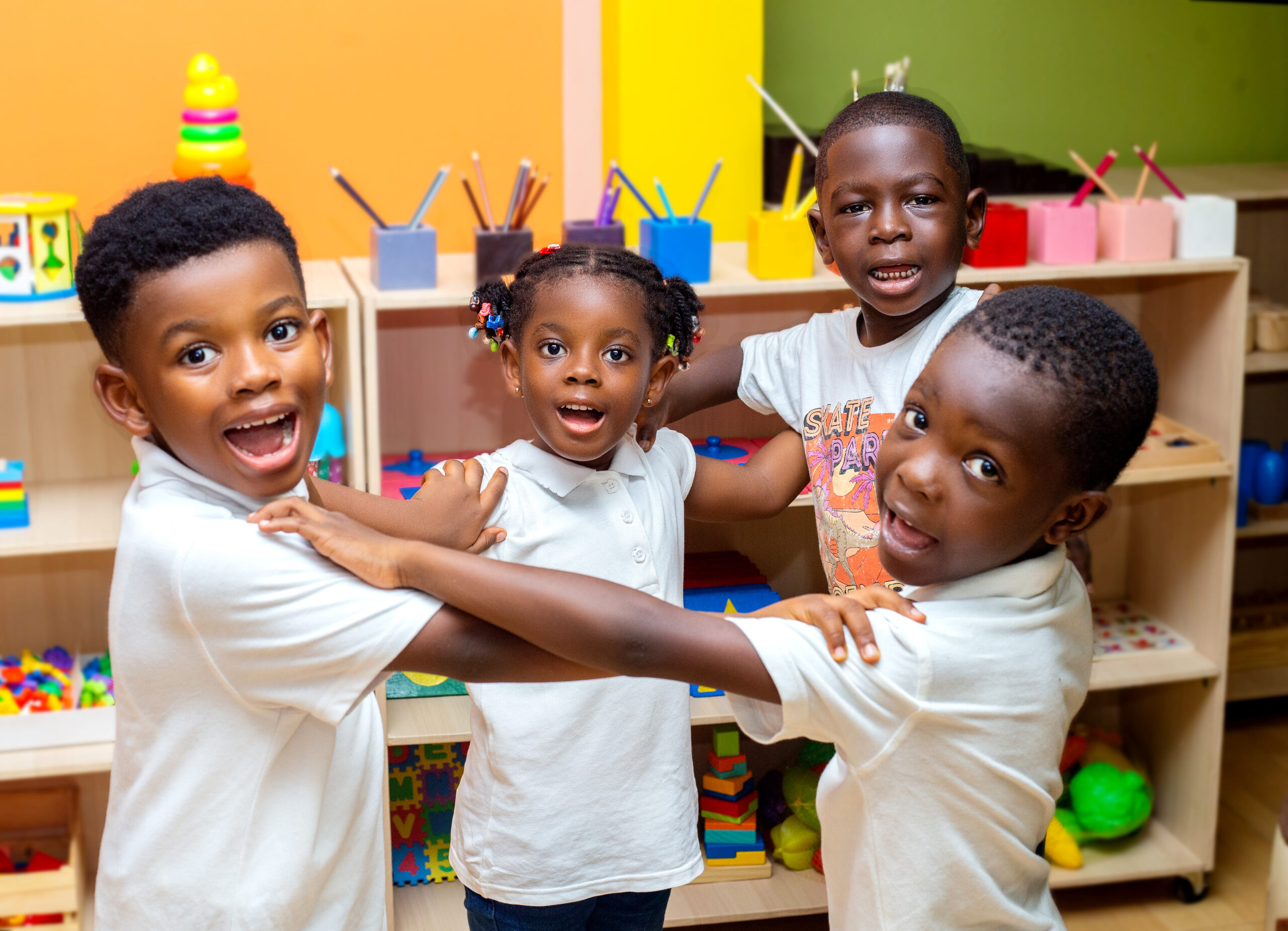
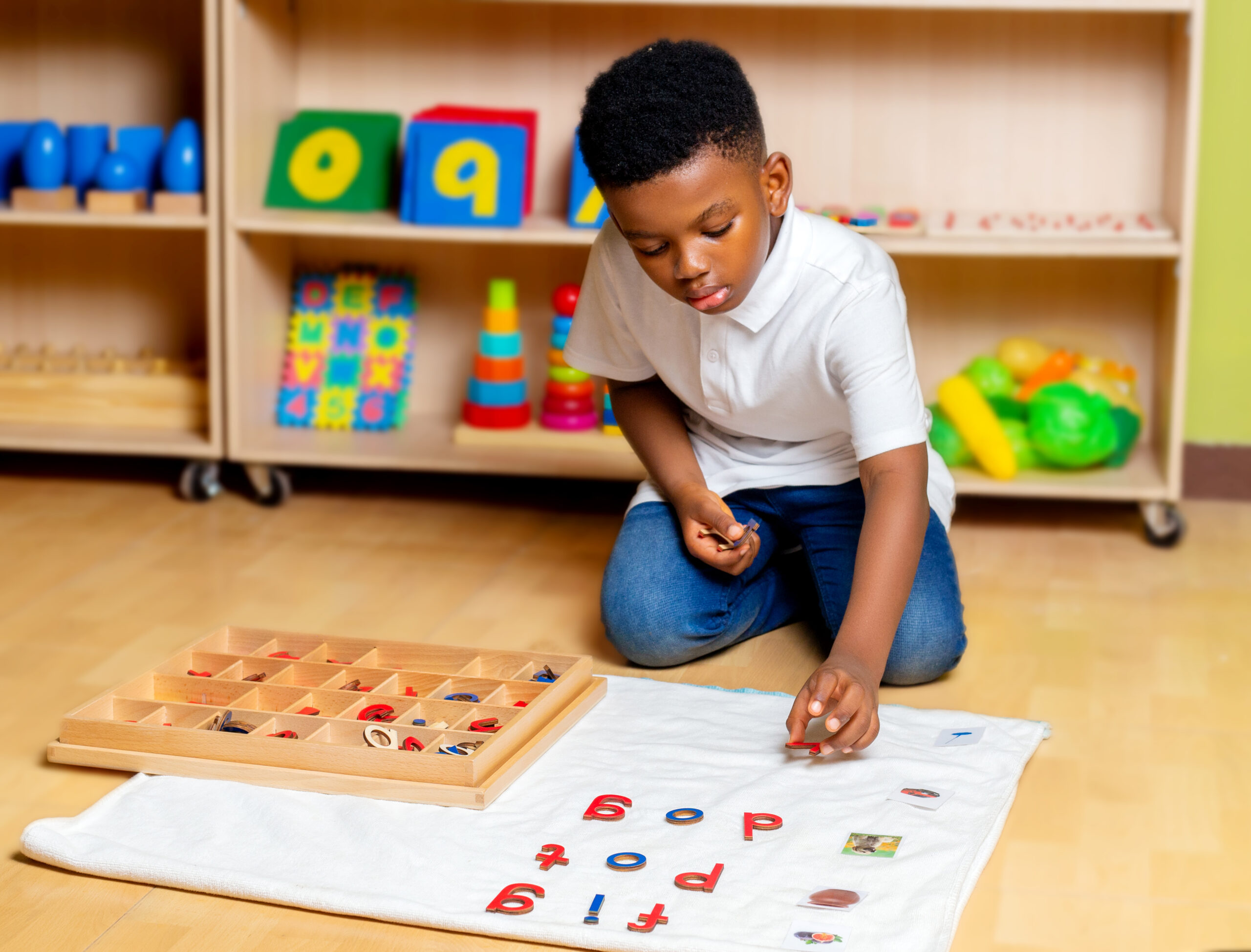
The Primary Years Programme
Palms’ Primary Years Programme is unique, with learning specifically designed to realise the transformational objectives the School seeks to achieve in every child. Learning is thematic, transdisciplinary, collaborative, hand-on and individualised to ensure every child gains deep understanding.
By ‘thematic’ we mean learning is designed around broad, real-life themes which aim to bring lessons to life, making them meaningful to learners. This approach also presents children with a challenging experience during which they are compelled to develop and use their skills and positive attitudes in extensive ways. Themes touch on topics or central ideas that relate to the concerns of our world, giving students an impetus to think critically and creatively about real-life issues. By this, they are able to link their school experience to the wider world, making them appreciate the relevance of acquired knowledge, and offering them the stimulus to learn more. In thematic learning, learning is not abstract. It is meaningful, relevant, significant and challenging, offering students a reason to come to school each morning.
Learning is centred around six themes, some focusing on scientific concepts, while others have a humanities orientation. These themes are:
- How the world works
- An exploration of the scientific laws that govern our planet.
- How we organize ourselves
- Touches on the varied ways in which human societies are organised. It also encompasses rights, responsibilities and citizenship
- How we express ourselves
- An inquiry into the modes of self-expression, in terms of feelings, ideas, culture, nature, values and beliefs. It encompasses creativity, as well an appreciation of art and aesthetics.
- Who we are
- An exploration into the concept of self, identity, beliefs and values, human relationships, as well as physical, mental, personal, social and spiritual health.
- Sharing the planet
- Explores the interdependence among humans, plants, animals and resources. It also touches on the need to share limited resources, as well as humans’ responsibility towards the planet and its inhabitants .
- Where we are in place and time
- An inquiry into history and civilisations, and an appreciation of their impact on the present and future. (www.ibo.org)
Learning in all subjects is connected to this central focus, ensuring a transdisciplinary exploration of each theme. This approach breaks down the ‘silo mentality’ helping students appreciate the linkages that exist among various disciplines. It also supports deep conceptual understanding as each subject reinforces and supports understanding of the central idea. Most importantly, it enables learners to develop their iterative thinking abilities, compelling them to draw on prior knowledge, as well as knowledge acquired in various subjects, in order to tackle assigned tasks and projects. By this, learners mimic real life scenarios, where ideas are drawn from different disciplines, industries, business units and departments, to address a common issue in business or the community.
To learn more about how learning takes place, visit The Palms Experience
